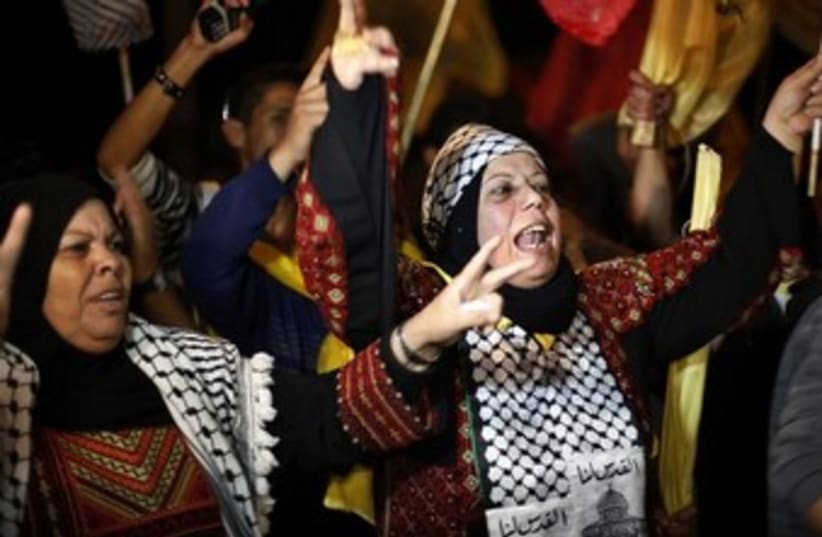Israel goes ahead with second round of Palestinian prisoner release
Defense Minister Ya'alon says this was a difficult day for him, but move to release prisoners guided by "long-term security considerations"; says chances released prisoners will return to terror are low.
